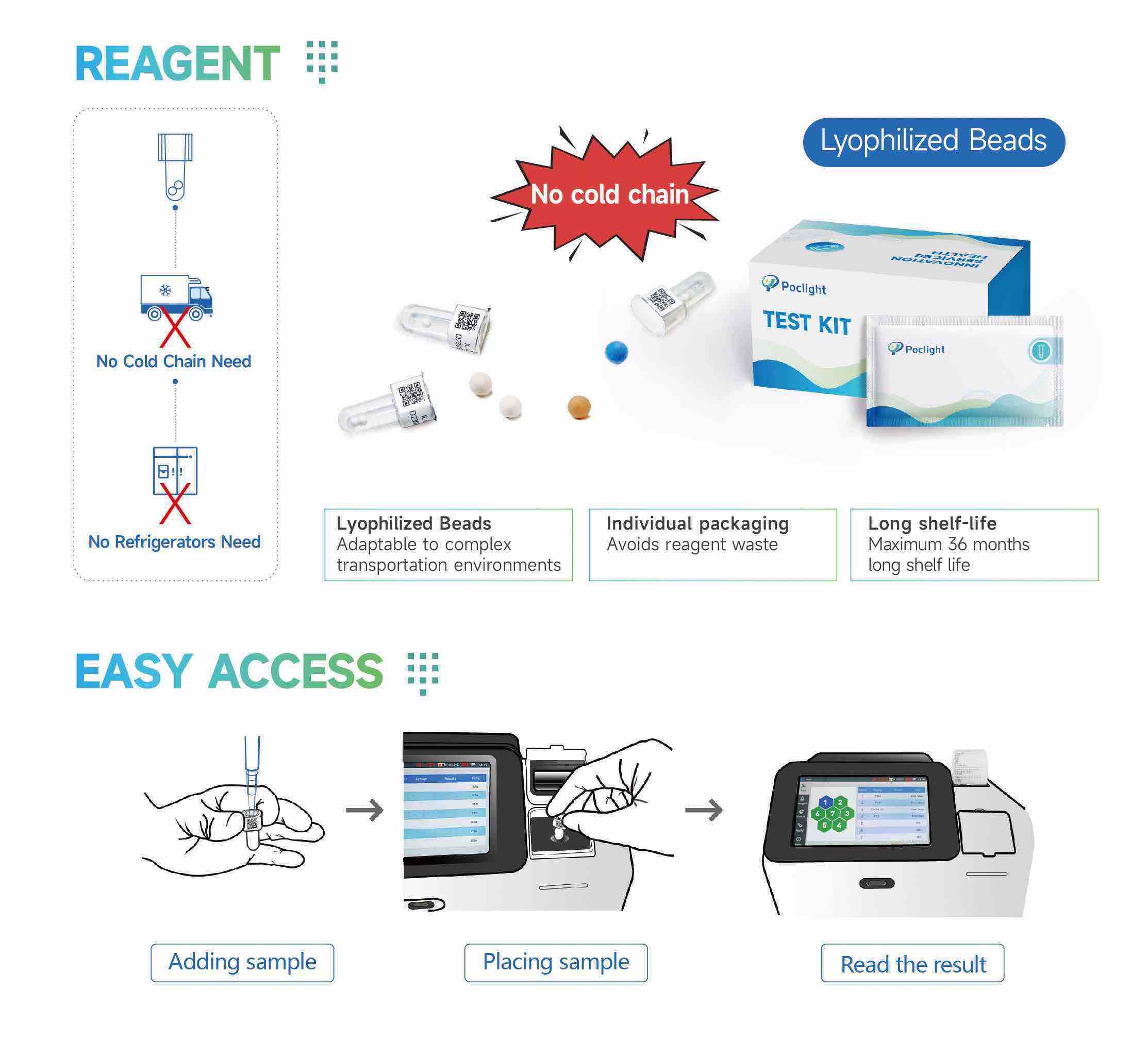 Eclampsia Tests: Your Questions Answered
Eclampsia Tests: Your Questions Answered
 Thyroid Conditions and Their Diagnosis: A Closer Look at Thyroid Tests
Thyroid Conditions and Their Diagnosis: A Closer Look at Thyroid Tests
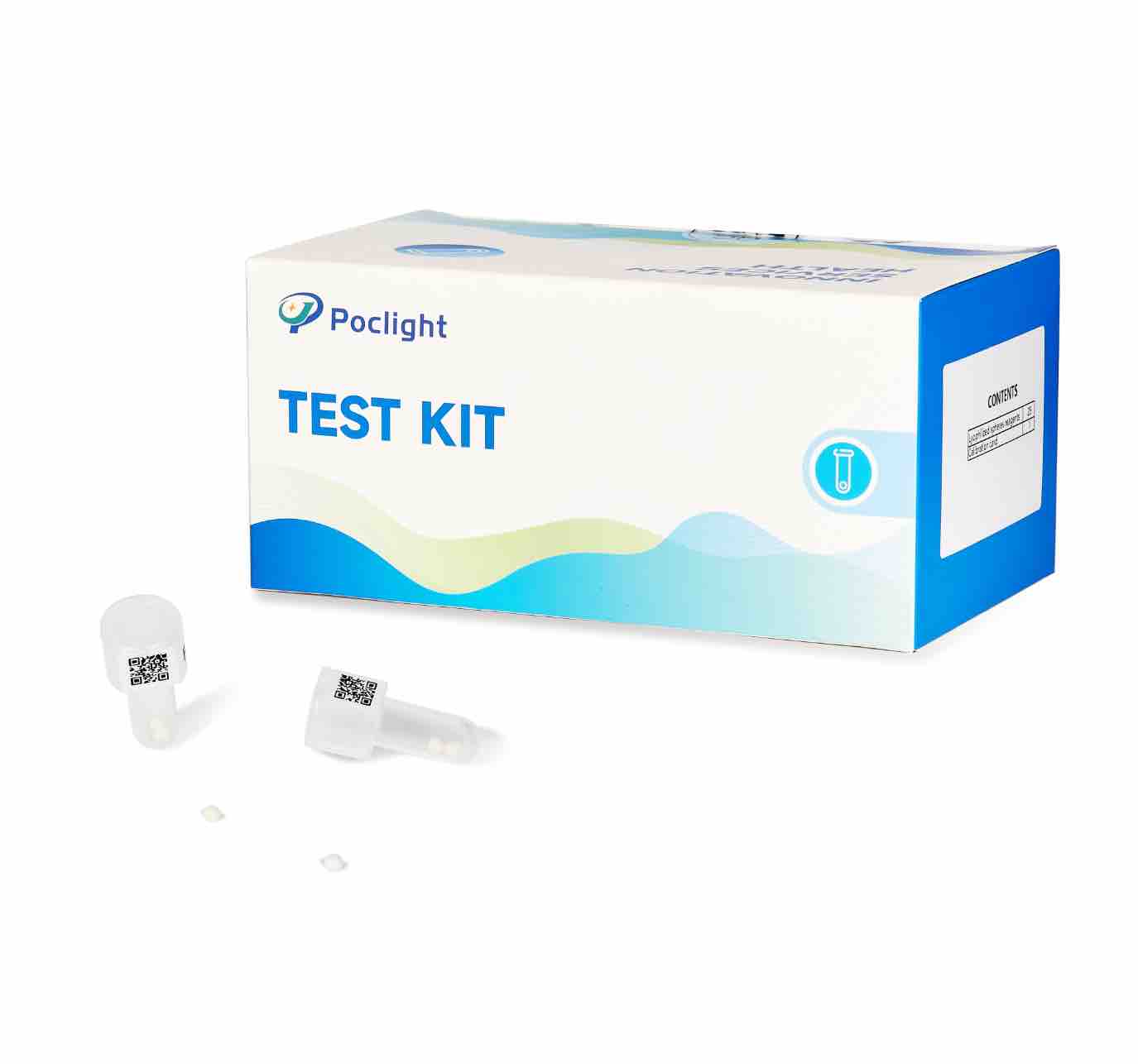 How to Get Accurate Results from Your Vitamin D Test: A Comprehensive Guide
How to Get Accurate Results from Your Vitamin D Test: A Comprehensive Guide
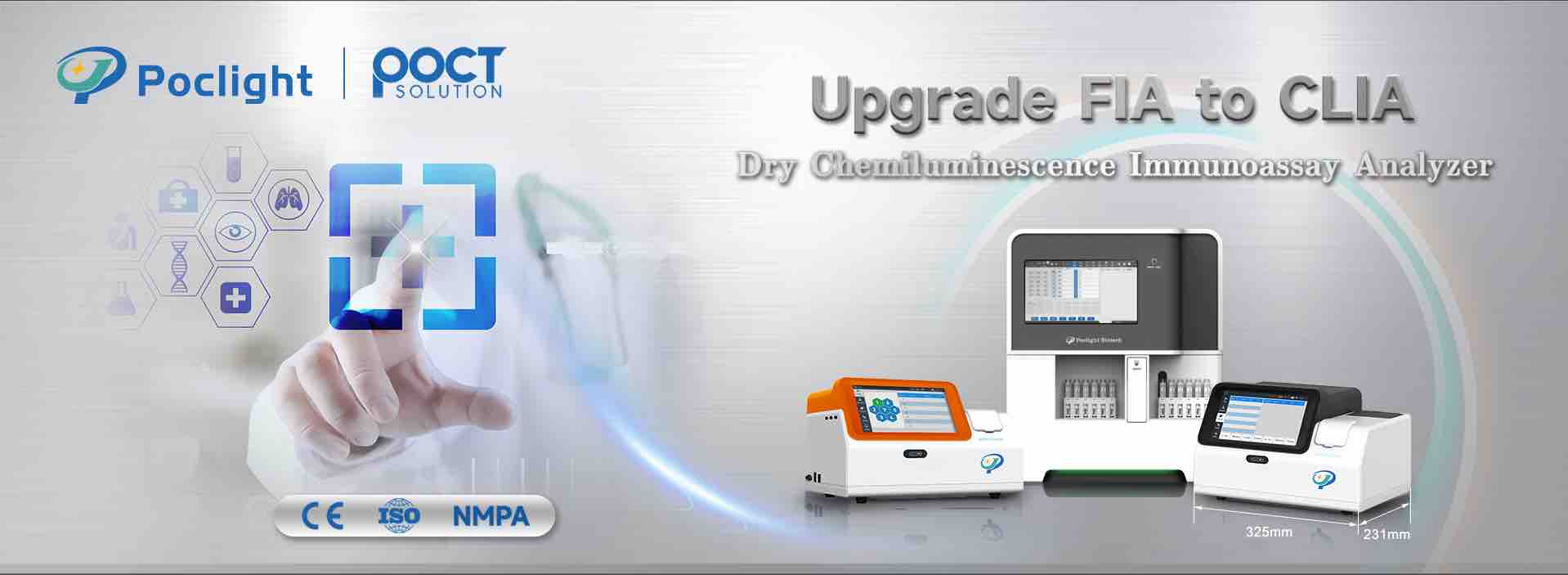 The Essential Guide to Active-B12 and Vitamin B12
The Essential Guide to Active-B12 and Vitamin B12
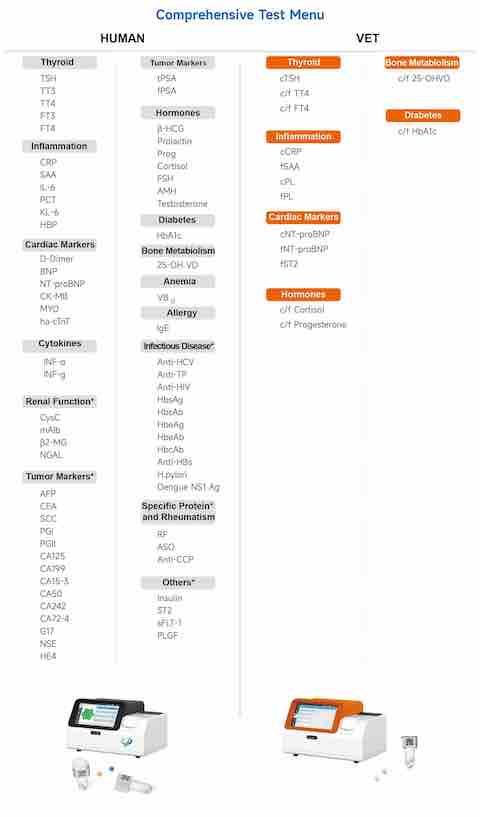 How cytokines can help hematology diagnoses?
How cytokines can help hematology diagnoses?
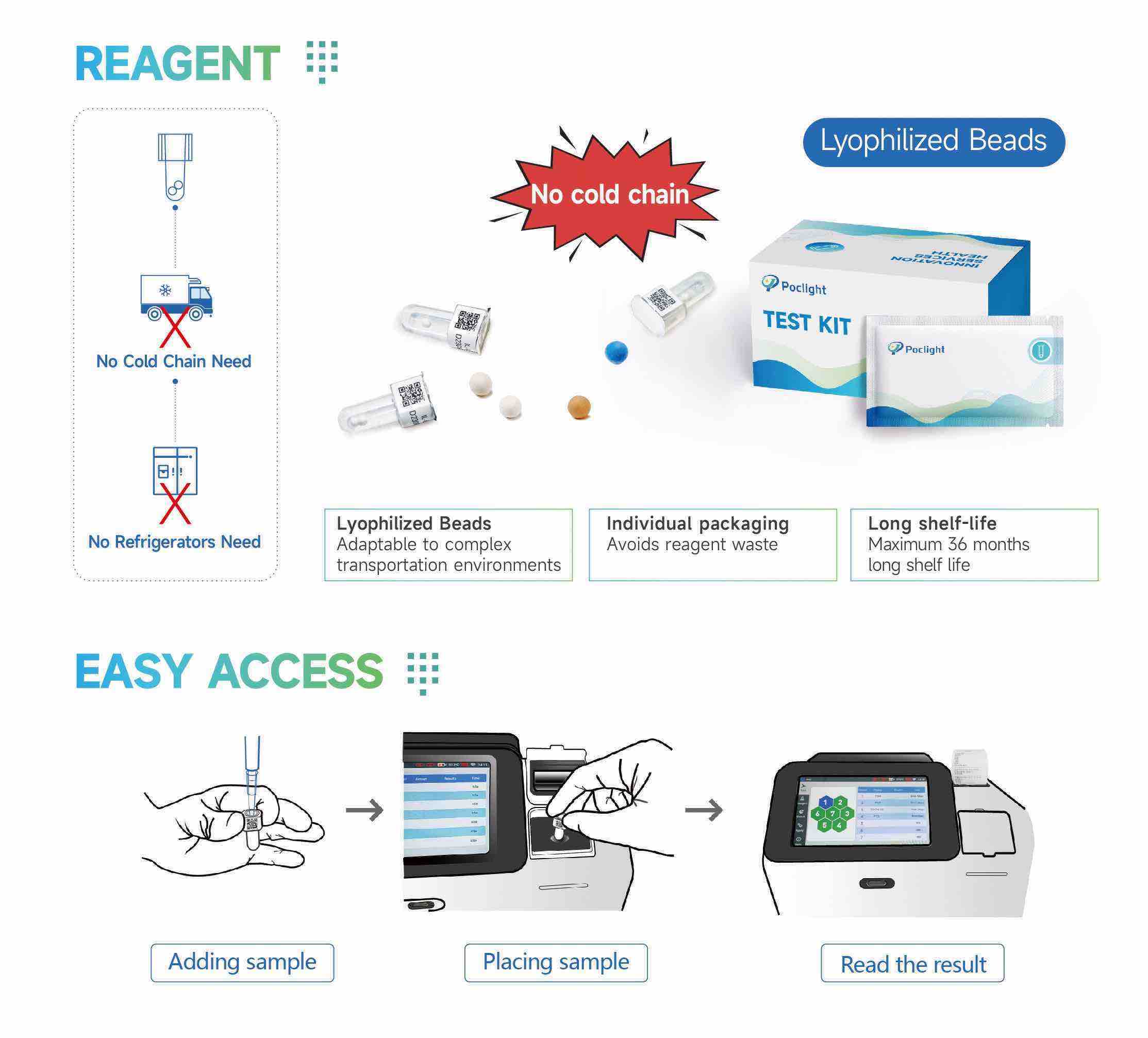 How do cytokines help in the diagnosis of autoimmune diseases?
How do cytokines help in the diagnosis of autoimmune diseases?
 How do cytokines help in the diagnosis of cancer diseases?
How do cytokines help in the diagnosis of cancer diseases?












